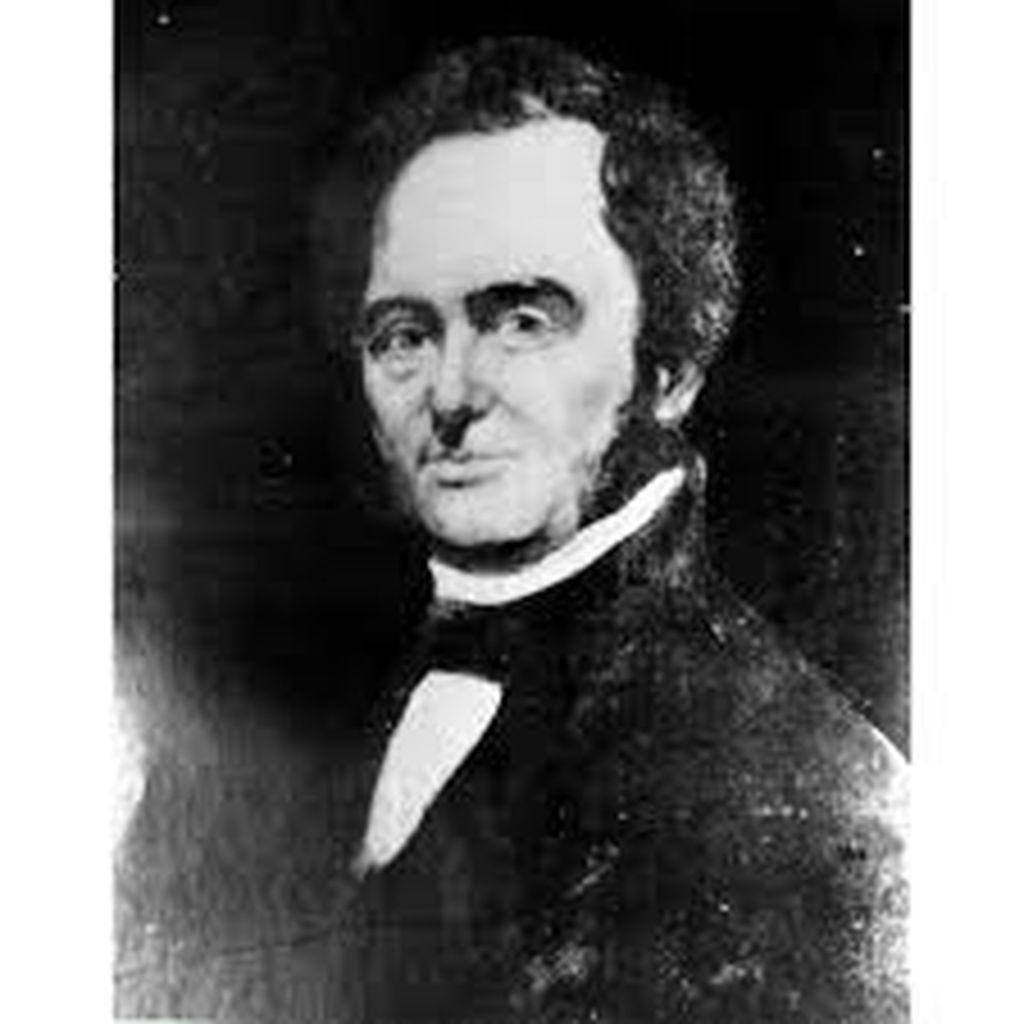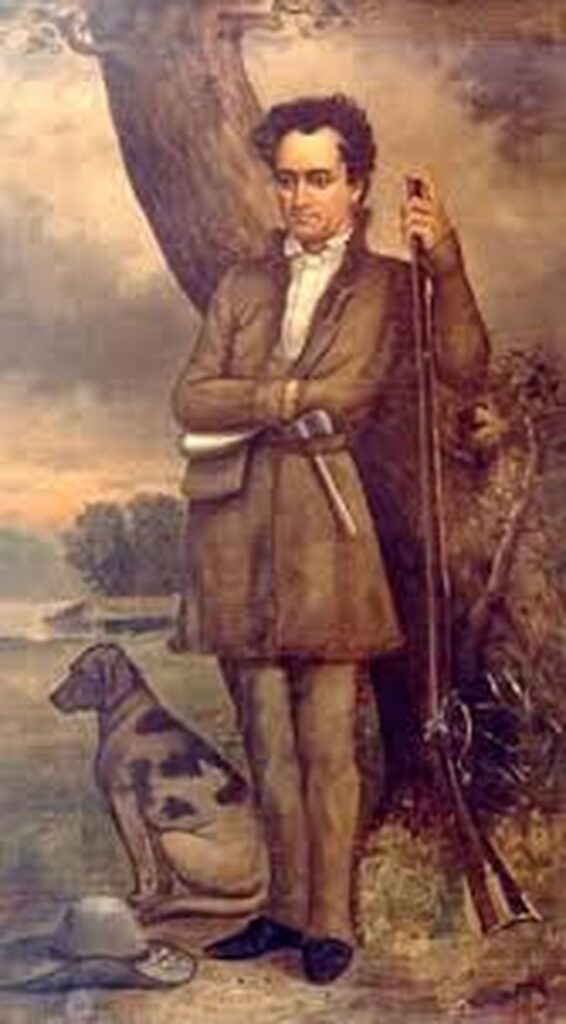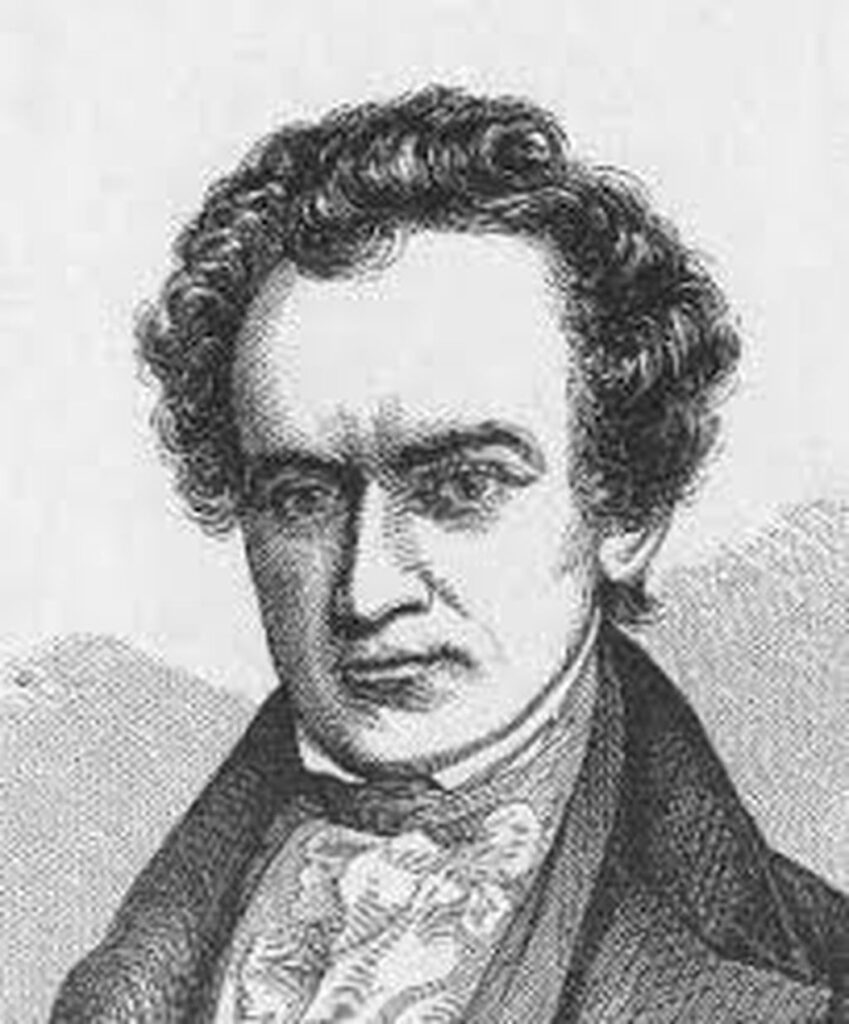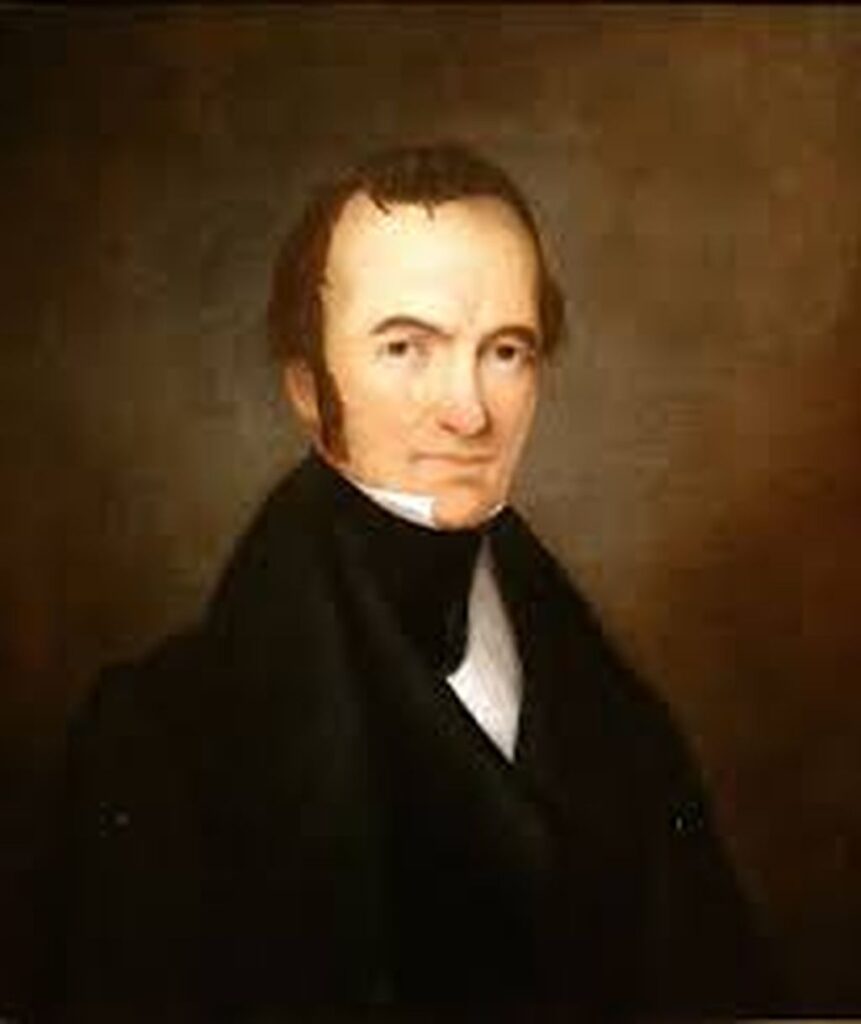Stephen F. Austin: The Father of Texas and His Legacy
Stephen F. Austin: The Father of Texas and His Legacy
Stephen F. Austin, widely celebrated as the “Father of Texas,” played a monumental role in shaping the early foundation of Texas. His vision, leadership, and dedication paved the way for American settlement in Texas and laid the groundwork for Texas’s path toward independence. From organizing the first American colonies in Texas to negotiating with the Mexican government and supporting the Texas Revolution, Austin’s contributions to Texas’s identity are profound and lasting. Let’s explore his life journey, his instrumental role in Texas’s development, and the enduring legacy he left on Texas and its people.

Early Life and Path to Texas
Born on November 3, 1793, in Austinville, Virginia, Stephen Fuller Austin grew up in a prominent and influential family. His father, Moses Austin, was a pioneer and businessman with a vision of establishing a large colony in Texas, which was then under Spanish and later Mexican rule. Despite facing numerous challenges, Moses Austin received a land grant to bring 300 families to Texas, but he passed away before he could fulfill his dream. Following his father’s death, Stephen F. Austin took on his father’s mission at the young age of 27.
Austin faced substantial hurdles in negotiating with the newly independent Mexican government, but his commitment to his father’s vision drove him forward. Through diplomacy, persuasion, and resilience, he secured permission to proceed with the settlement, marking the beginning of his role as a leader and visionary for Texas colonization.

The “Old Three Hundred”: Establishing the First Colony
In 1825, Austin successfully brought the first group of American settlers, known as the “Old Three Hundred,” to Texas, transforming a remote region into a thriving community. These settlers laid the foundation for what would become Texas’s Anglo-American population. Austin played a hands-on role, establishing laws, organizing the community, and addressing the settlers’ needs. His skills in diplomacy and leadership allowed him to balance Mexican laws and the settlers’ needs, creating a stable and organized society.
The “Old Three Hundred” did not just symbolize the start of Texas’s American settlement; they represented a spirit of determination and adaptability. Austin’s structured approach ensured the colony’s success and attracted thousands more settlers, establishing Texas as a region with growing economic opportunities and a distinct cultural identity. The success of the Old Three Hundred paved the way for Texas to become a hub for American settlers, catalyzing the transformation of Texas from a Mexican province to an emerging frontier society.

Diplomatic Relations and Challenges with Mexico
As the colony flourished, tension between settlers and the Mexican government began to rise. Mexico’s political instability and changing laws created an uncertain environment for settlers, who sought greater autonomy to govern their own community. Austin became an essential bridge between the settlers and the Mexican government, tirelessly advocating for the rights and freedoms of Texans while maintaining diplomatic relations with Mexican officials.
In 1833, Austin traveled to Mexico City to present a petition for Texas’s self-governance, which would allow Texas to function as a semi-autonomous state within Mexico. While his requests initially met with interest, political instability in Mexico led to suspicion, and Austin was detained under allegations of inciting rebellion. He was imprisoned for over a year, an experience that altered his perspective on Mexico’s governance and cemented his belief in Texas’s need for greater autonomy, and eventually, independence.

Shift Toward Texas Independence and Role in the Texas Revolution
Upon his release in 1835, Austin returned to Texas with a new perspective and a willingness to support the fight for independence. His imprisonment had shifted his view, and he became an advocate for breaking away from Mexican rule. As tensions between Texas settlers and Mexican authorities escalated into open conflict, Austin initially took command of the Texas army. His reputation and leadership experience made him a natural choice, but he soon recognized that his diplomatic skills could be better utilized in seeking support from the United States.
Austin traveled to the U.S. to garner resources, volunteers, and support for the Texan cause, successfully raising awareness and financial backing. His diplomatic mission played a critical role in Texas’s eventual victory, as American volunteers and supplies bolstered the Texan forces, leading to their success in the Texas Revolution. Austin’s commitment to Texas’s future was unwavering, and his efforts in diplomacy and advocacy were essential in securing Texas’s position as an emerging independent republic.
Stephen F. Austin’s Legacy in Texas History and Culture
Stephen F. Austin passed away on December 27, 1836, shortly after Texas achieved its independence, but his influence endured. Known as the “Father of Texas,” Austin is remembered for his dedication to building a stable, prosperous community that laid the foundation for Texas’s growth. His contributions to Texas are commemorated in various ways across the state. The city of Austin, Texas’s capital, bears his name as a tribute to his enduring impact. Schools, universities, and monuments also honor his legacy, reflecting the admiration and respect that Texans continue to hold for him.
Beyond his contributions as a settler and diplomat, Austin’s legacy is felt in Texas’s cultural identity. His commitment to justice, perseverance, and community laid the groundwork for Texas’s reputation as a state of independence and resilience. Austin exemplified the values that many Texans hold dear—courage, integrity, and a strong sense of community.
Meta Description
“Stephen F. Austin, known as the ‘Father of Texas,’ laid the foundation for Texas’s development through settlement efforts and negotiations with Mexico. Discover his life story, the ‘Old Three Hundred’ settlers, his role in the Texas Revolution, and the profound legacy he left in Texas history and culture.”





















